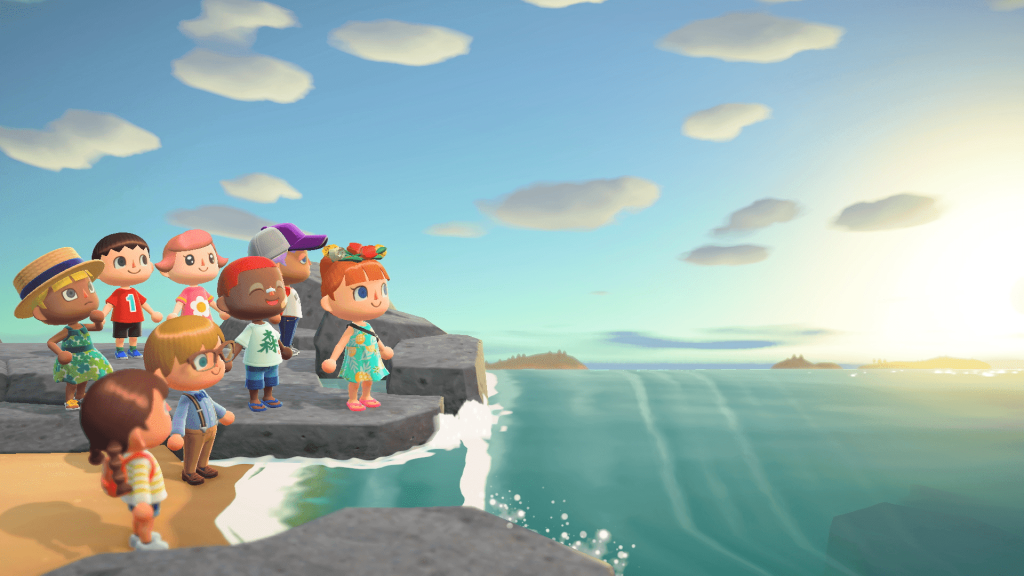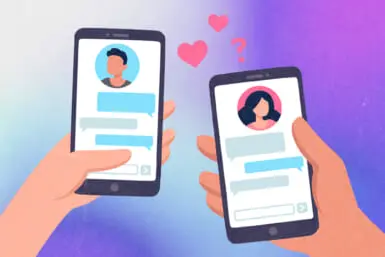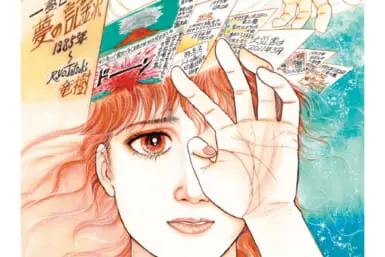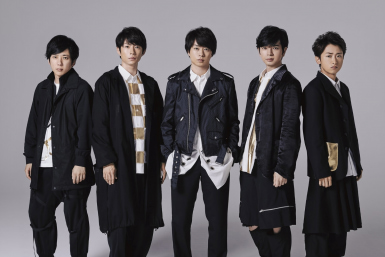Animal Crossing: New Horizons‘ release date of March 20, 2020 was set in stone long before the global Covid-19 pandemic was even on our collective radar. And yet, the precision timing of this game’s release, matched so perfectly with the locking down of entire nations, felt almost orchestrated — something that conspiracy theorists will be having fun with in the coming years.
At the very moment that millions were forced to shut themselves up in their homes, a video game which simulates the community experiences of building a home, shopping, forging friendships, fishing, bug-catching, and even wandering through galleries and museums, arrived to fill the emptiness we were suddenly left with.
A global smash hit
This game was always going to be a global smash hit. The series has seen more and more success with each subsequent release, amongst both the casual and hardcore gaming communities. And Nintendo did an extraordinarily good job of hyping and promoting Animal Crossing: New Horizons (“Dobutsu no Mori” in Japanese) for months and months in the run up to its release. The hype was at its peak in the early weeks of March, and then the virus really gripped the world and ACNH suddenly transformed overnight from an anticipated new video game release to a near-holy blessing from on high, sent from the Nintendo gods to deliver us from our lockdown hell.
Six weeks since its release, the game had sold over 13 million physical and digital copies and the sign of times was clear: people across the globe were head over heels and playing.
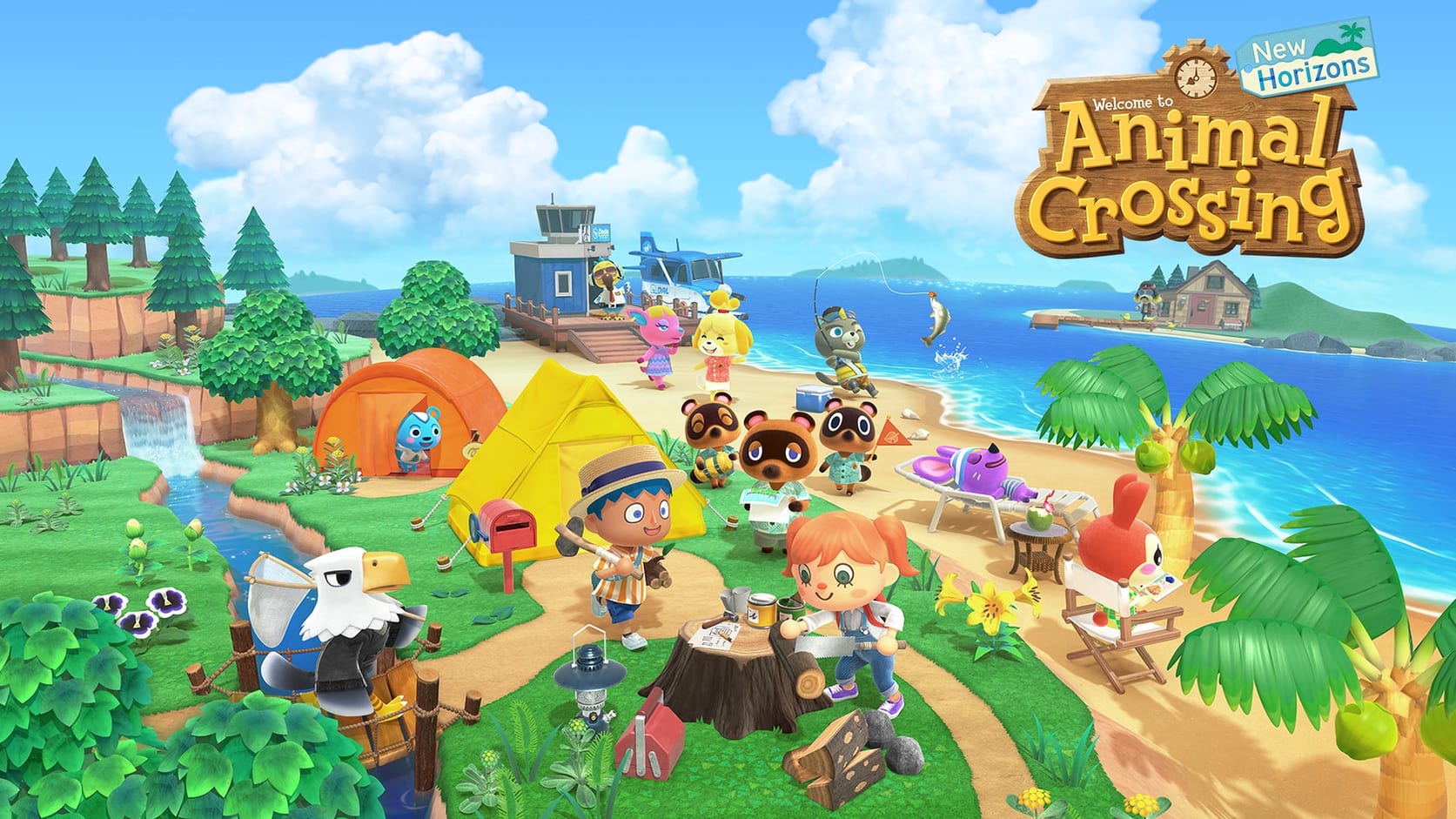
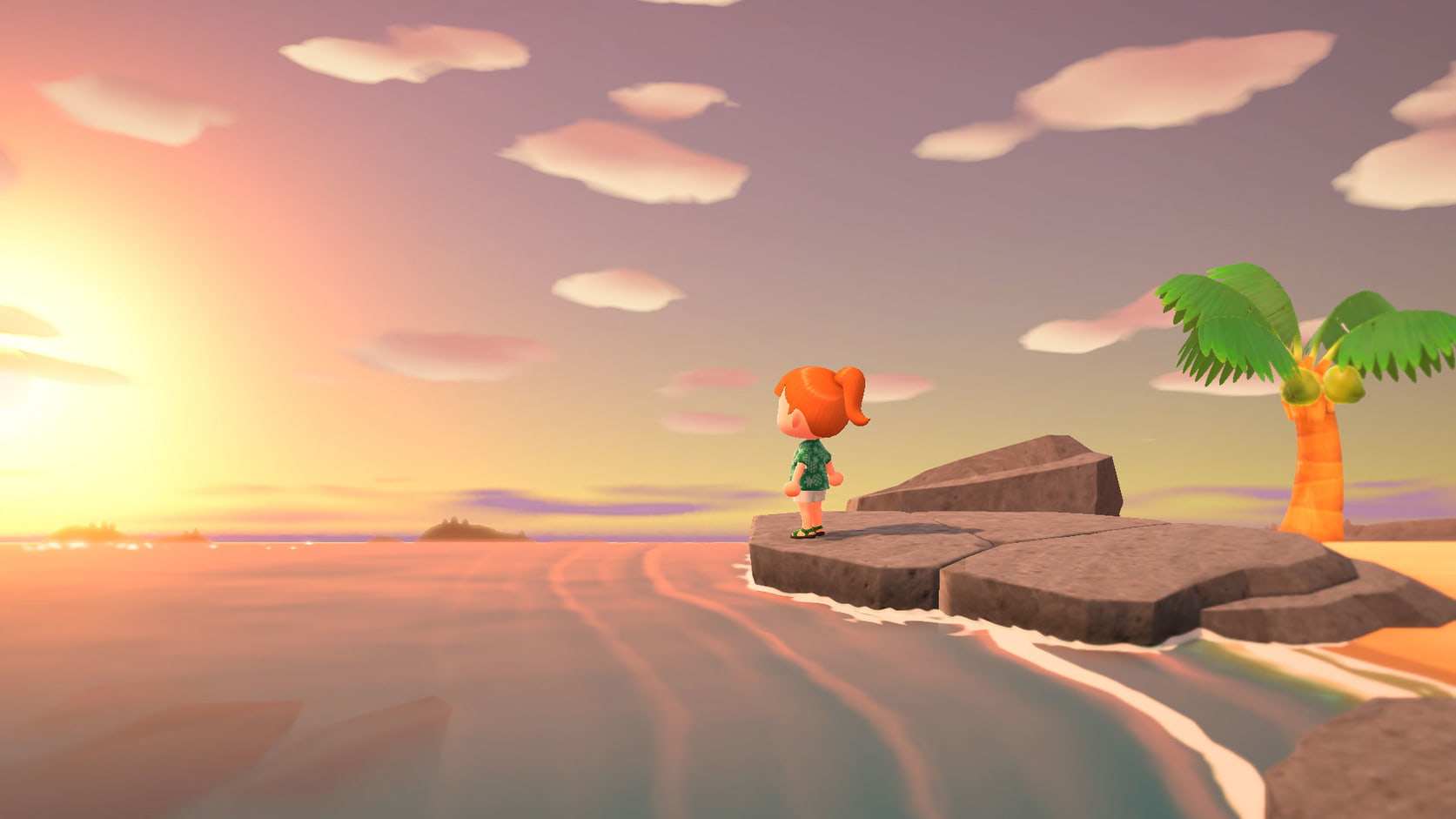
Is that the long and short of the game’s success story, though? Was it simply that a life sim happened to come around at the exact moment life stopped? Or have there been other factors that have broadened the game’s appeal and spread its hype further than Nintendo ever banked on?
“It gave us chores to do, a reason to log in every day, and, most importantly, a sense of progress.”
The answer, of course, is yes. And the main outside factor, something that Nintendo had no real control over, was the Internet. After all, the Internet age is populated by millennials who do the bulk of their socializing via computers, phones, and online gaming. And, while Animal Crossing does allow for online play, where players can log in and visit one another’s island homes to chat, shop, trade, and explore, it was the online chatter around the game that helped turn it into a glorified meme and a kind of solution to the sudden cutting of social ties that Covid-19 caused.
Starting anew — virtually
Taking things from the top, Animal Crossing: New Horizons is the newest in a series of beloved Nintendo games with a broad cult following. The Animal Crossing series falls into the “life sim” genre of video game, one with no real end-game, no fail state, no quests or goals. These are games where the primary functions and main gameplay loops involve making money to decorate one’s home, populating their town with colorful characters, and bonding with those characters.
In this newest entry in the series, you begin by moving to a blank slate of an island and sleeping in a tent. You pull up weeds, gather shells, dig for fossils, catch bugs, and fish in the river. Before long, you swap your tent for a house. A museum curator moves in and gives you a place to put all your new fish, bugs, and fossils. You can attract new villagers to move in, chat with them each day, give them gifts, and eventually even convince them to move out if you grow tired of them. The town population increases, a general store opens, then a clothing store, and even a stock market.
This is a game that moves forward in real time, with the sun rising and setting, and the seasons changing in the game as they do outside your window. It is not a game to be completed in a single sitting or over a weekend. It is a daily investment, like feeding your cat or doing the dishes. And this is the first reason for its epic lockdown success story. Before we even get to talking about the impact of the Internet, the fun and the value of this game began at home.
A sense of direction amid complete chaos
The Covid-19 lockdown was a physical and mental upheaval of ordinary life for all of us. Suddenly, routines changed overnight and many of us felt adrift, our anchors pulled up and our bodies floating in an unstructured, rhythmless void. Animal Crossing: New Horizons threw down a new anchor. It gave us chores to do, a reason to log in every day, and, most importantly, a sense of progress. When you’re stuck at home every day, you begin to forget what day and date it is; you forget what you did that day and whether it was different from the one before. But ACNH gave us focus, clarity and daily missions to complete. Our villagers relied on us, and our island tasks weren’t going to do themselves.
The obvious reason for the game’s success also can’t be ignored. It provided players with digital equivalents of the things that were suddenly unavailable to us. The Able Sisters Shop is a charming boutique clothing store with revolving stock. Going in just to see what exciting treasures are available to dress your avatar in is an exhilarating experience very similar to thrift store shopping in real life.
“The game provided players with digital equivalents of the things that were suddenly unavailable to us.”
Likewise, slowly filling and then exploring the game’s museum is nearly as beautiful and awe-inspiring an experience as wandering a museum in real life — especially considering just how charming and funny the museum’s curator, Blathers the owl, proves to be as you get to know him. The love and detail poured into the museum’s design is breathtaking, and exploring it every few days as it slowly gets filled up with enormous dinosaur skeletons and exotic fish is as soothing as it is exciting.
On the subject of Blathers’ charm and humor, it’s perhaps the villagers in Animal Crossing: New Horizons who offer the biggest draw when it comes to filling in for real-life socializing. Nintendo’s characters have historically been filled with sweetness, camp color, and comical charm. But, here, they are overflowing with it. An enormous roster of unique, likable, frustrating, kind, interesting, funny, and hateable characters quickly begin to populate your life and you’ll start having discussions with your friends online about how funny one is and how ignorant and annoying another can be, just as we all do in real life.
A shared inspiration
It was at this point, when real-life friends were chatting over the web, that the Internet really took hold of Animal Crossing: New Horizons and turned it into something else entirely. Since the game moves forward in real time (unless you cheat and time-travel), it took a little while for players to start getting creative with their island designs. Soon enough, though, viral tweets and Instagram pages exploded with fantastical, seemingly impossible island designs like paradise English villages, recreations of 1980s Tokyo, and Edo period homes.
Little Japan is coming along nicely… #AnimalCrossing #ACNH #Japan #Japanese #ForGrandma pic.twitter.com/sCt59UhUbb
— Michael Lee Ponton (@MLeePonton) May 11, 2020
These viral tweets brought in new players and inspired more fun and creativity from others. Suddenly, the game’s popularity was snowballing and picking up speed across the Internet. The game’s black market was opening up fun discussions about money-making schemes. Players were sharing their Dodo Codes via Twitter to get strangers flocking to their island to buy and sell turnips and rare items. This interconnected web of players across the globe created a new kind of online community.
TIA! I didn’t expect YOU of all people to be in on that sort of thing! #AnimalCrossing #ACNH #NintendoSwitch pic.twitter.com/htYv2WVYLq
— William Raymond (@BillyRaymond44) June 19, 2020
Soon enough, it was almost as though we had forgotten about the lockdown entirely: so powerful and exciting was this online community of market traders and meme sharing that we had no reason to go outside anyway.
it’s always a matsuri in my heart
#AnimalCrossing #ACNH #NintendoSwitch #game #japan pic.twitter.com/MmsAZSufSq— Fernanda Haiabe ★彡 🇧🇷🇯🇵 (@FHaiabe) April 21, 2020
The memes in question skyrocketed when villages were fully flooded with colorful casts of characters, players were piling high their debts, and the market was in full swing. Some of the biggest Internet discussions centred around the glue holding the island together: Tom Nook. This infamous capitalist of the Animal Crossing series has always been a point of debate for fans online: is he a cartoonish symbol of capitalist greed and the parasitic roles played by bankers and landlords? Or does he represent a fairer — almost socialist — approach to financial equality and capitalist power structures? With the success of this newest game in the series, the debate raged on louder than ever, sparked by the 20th century’s ever-expanding political schism.
Hello, everyone! Father’s Day is coming up on the 21st, and I know how hard it can be to find the perfect gift for Dad. Fortunately, I’ve done the work for you! Check out Nook Shopping now through the end of the month for a gift that Dad is sure to love. Yes, yes! pic.twitter.com/2xwPq3PofX
— Tom Nook (@animalcrossing) June 15, 2020
Ultimately, Animal Crossing: New Horizons appealed to players during this pandemic for two distinct reasons. The first being the obvious: that it offered a simulated version of the community and daily rhythms which we had so suddenly and mercilessly been cut off from. The other was the unexpected and thriving online communities that blossomed parallel to the game’s rising popularity. Forums were on fire, viral tweets flooded Twitter, guides were written, read, and shared at high speed. Friends who were suddenly unable to see one another could visit each other’s digital islands, share resources, and engage in online discussions about their islands, villagers, and the progress they were making.
Animal Crossing: New Horizons replaced one real-world community with two digital ones: the first within the game’s world, and the second on the boundless web of the Internet.
All images courtesy of Nintendo Co., Ltd.

